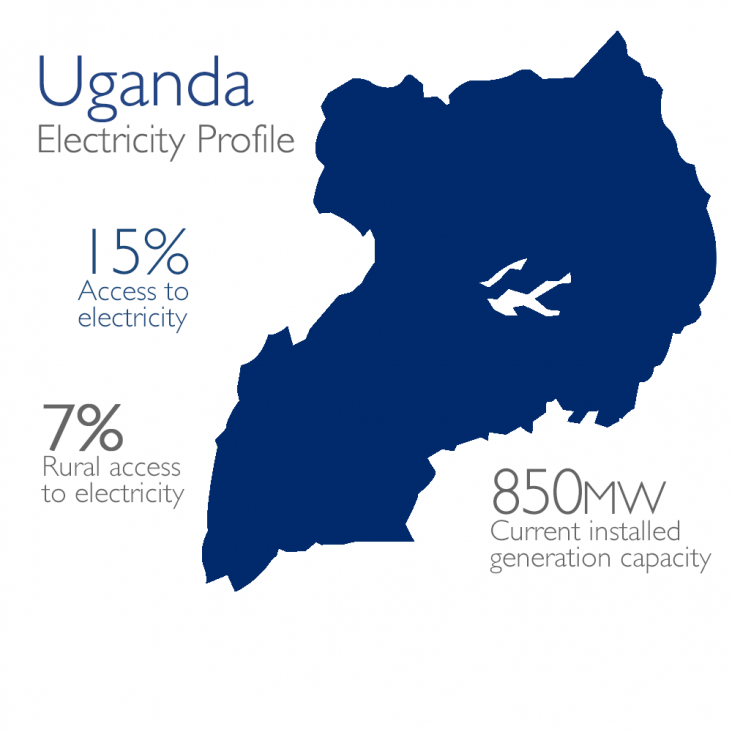- Where We Work
- Interactive Map
- Afghanistan and Pakistan
- Africa
- African Union
- Power Africa
- About Us
- How We Work
- Partners
- News & Information
- Power Africa Toolbox
- Where We Work
- Angola
- Benin
- Botswana
- Burkina Faso
- Burundi
- Cameroon
- Chad
- Côte d`Ivoire
- Democratic Republic of the Congo
- Djibouti
- Eritrea
- Ethiopia
- Gabon
- Gambia
- Ghana
- Guinea
- Guinea Bissau
- Kenya
- Lesotho
- Liberia
- Madagascar
- Malawi
- Mali
- Mauritania
- Mozambique
- Namibia
- Niger
- Nigeria
- Republic of Congo
- Rwanda
- Senegal
- Sierra Leone
- South Africa
- South Sudan
- Swaziland
- Tanzania
- Togo
- Uganda
- Zambia
- Trade and Investment Engagement
- Angola
- Benin
- Botswana
- Burkina Faso
- Burundi
- Cameroon
- Central Africa Regional
- Central African Republic
- Chad
- Côte d'Ivoire
- Democratic Republic of the Congo
- Djibouti
- East Africa Regional
- Ethiopia
- Ghana
- Guinea
- Kenya
- Lesotho
- Liberia
- Madagascar
- Malawi
- Mali
- Mauritania
- Mozambique
- Namibia
- Niger
- Nigeria
- Republic of the Congo
- Rwanda
- Sahel Regional
- Senegal
- Sierra Leone
- Somalia
- South Africa
- South Sudan
- Southern Africa Regional
- Sudan
- Swaziland
- Tanzania
- Uganda
- West Africa Regional
- Zambia
- Zimbabwe
- Asia
- Europe and Eurasia
- Latin America and the Caribbean
- Middle East
- Mission Directory
Uganda
POWER AFRICA FACT SHEET

Uganda Energy Sector Overview
Uganda currently has 850 Megawatts (MW) of installed capacity (with effective generation of approximately 710 MW), of which approximately 645 MW is hydro and 101.5 MW is thermal generating capacity. The Government of Ugandan is building additional large hydropower facilities, such as the 600 MW Karuma hydro and the 183 MW Isimba Falls hydro project. Uganda has approximately 1500 kilometers of transmission lines (over 33kV), which the government aims to double; there are plans to upgrade existing transmission lines and develop a 220kV “ring” around Lake Victoria in conjunction with Kenya and Tanzania. In 1999, the power sector underwent extensive sector reforms that led to the un-bundling of generation transmission and distribution. Under the Electricity Act of 1999, the Electricity Regulatory Authority (ERA) was established as an independent sector regulator; the resulting enabling environment opened up the sector to private sector investment and participation. Today, distribution is regulated and cost-reflective tariffs are utilized, with54 percent of power generation coming from independent power producers (IPPs).
Power Africa Support
Power Africa’s Beyond the Grid partners are already working to bring power to rural Ugandans. Firms such as BBOXX, Virunga, MKOPA, and Fenix International, among others, have developed and deployed innovative technologies which have provided electricity to thousands of people in Uganda for the first time. Another of Power Africa’s partners, Solar Sister, recruits, trains, and supports Ugandan women who build sustainable businesses selling portable solar lamps, mobile phone chargers and fuel-efficient cook-stoves.
About Power Africa
Power Africa is a multi-partner initiative which launched in 2013. Power Africa’s goals are to increase electricity access in sub-Saharan Africa by adding more than 30,000 megawatts of cleaner, more efficient electricity generation capacity and 60 million new home and business connections.
Power Africa works with African governments and private sector partners to remove barriers that impede sustainable energy development in sub-Saharan Africa and to unlock the substantial wind, solar, hydropower, natural gas, biomass, and geothermal resources on the continent.
Mobilizing Partnerships & Investments
Power Africa draws on the combined expertise and abilities of 12 U.S. Government agencies, the World Bank Group, the African Development Bank, the Government of Sweden, the Government of Norway, the Government of Canada, the UK Department for International Development, the Government of Japan, the International Renewable Energy Agency, African governments, and private sector partners. Power Africa’s “Toolbox” approach offers a range of resources to advance key projects on the electricity grid and, through the Beyond the Grid sub-initiative, in places where the national grid doesn’t reach.
Power Africa Contact for Uganda:
Oscar Ankunda
Email: oankunda@usaid.gov
U.S. Government Coordinator for Power Africa:
Andrew Herscowitz
Email: powerafrica@usaid.gov
Follow on Twitter: @aherscowitz
Power Africa Uganda Factsheet
![]() (pdf - 551k)
(pdf - 551k)
Power Africa Uganda Energy Efficiency Roadmap ![]() (pdf - 7 MB)
(pdf - 7 MB)








Comment
Make a general inquiry or suggest an improvement.